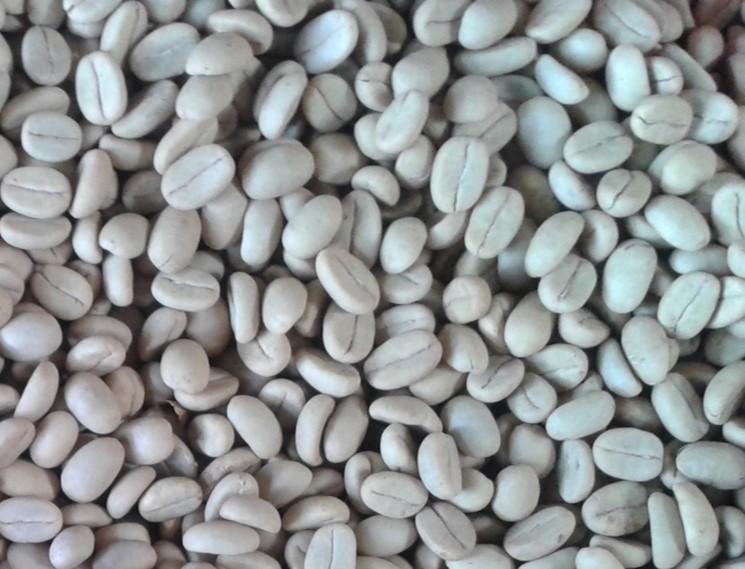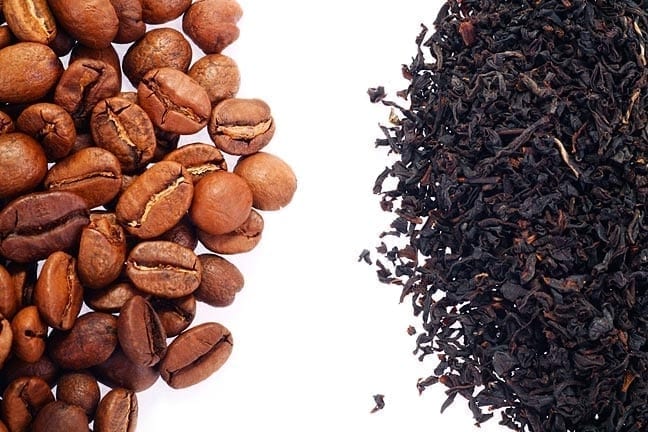If you are currently following a ketogenic diet, also called keto, then you have probably…

CIRAD Says Potentially Revolutionary F1 Arabica Hybrid Starmaya is Now in Seed Form
Describing it as a “godsend” and a “minor revolution for the industry,” the nonprofit agricultural research and development organization CIRAD says it has developed the first F1 hybrid coffee seeds (beans) that could be used for widespread commercial cultivation.
The group said the production cost of the seeds is half as much as what’s required to produce the Starmaya F1 hybrid variety through existing in vitro methods.

Starmaya growing at ECOM’s La Cumplida farm in Nicaragua. File photo courtesy of World Coffee Research.
“The production potential for the Starmaya variety is around half a million seeds per hectare planted,” CIRAD’s Benoît Bertrand said in an announcement of the development this month.
The group suggested the development of seed production of the Starmaya F1 variety — which has been in concert with Ecom Agroindustrial Corp — could ultimately make a high-quality, high-yielding, climate- and pest-resistant arabica plant readily available to coffee farmers throughout the world. To this point, Starmaya access has largely been limited to test plots on working farms in partnership with groups such as CIRAD and World Coffee Research.
Before we get too far ahead of ourselves, let’s check the coffee encyclopedia:
What is an F1 Hybrid?
Hanna Neuschwander of World Coffee Research thoughtfully answered this question in a 2016 story for Roast magazine. To sum it up as succinctly as possible, F1 hybrids are the first-generation results of crossing two distinct plant varieties that are genetically very different.
Neuschwander explained more:
Let’s say a coffee breeder observes vigorous growth in one coffee, but no resistance to coffee leaf rust. In another coffee, there is disease resistance but lower yield.
Pure lines of each of the two plants are cross-pollinated. The seed resulting from this cross is called an F1 hybrid. Plants grown from this seed should have the best traits of each parent — in this case, good vigor and leaf rust resistance.
The reason F1 hybrids haven’t been widely available to farmers at this point is because they have required rigorous and expensive pollination by hand. CIRAD says it has unlocked a code through which the Starmaya F1 can be propagated by seed, opening up the potential for large-scale dissemination to coffee breeders and farmers.
What is Starmaya?
CIRAD says the key to a particular F1 called Starmaya is the fact that one of its parent plants is naturally male-sterile (read CIRAD’s explanation of the science here). CIRAD, WCR and Ecom have been involved in testing the Starmaya variety in the field at various nurseries and test farms.
Starmaya is believed to possess a range of qualities that are potentially beneficial to producers, including: high yields and density for increased production volume; superior resistance to changes in climate; resilience to pests and disease; and high quality, which can potentially attract a higher-paying specialty coffee market.
In 2017, WCR suggested Starmaya had the potential to “reshape the industry.” In 2008, the Australian roasting company Single O released a limited-edition Starmaya coffee through a partnership with renowned producer Aida Batlle, who has been involved with testing various F1s. Meanwhile, at the 2011 Nicaragua Cup of Excellence coffee competition, F1 hybrids took four of the top 11 scores. Among those varieties was another up-and-coming F1 called Centroamericano.
In its most recent announcement, CIRAD characterized the Starmaya seed release as potentially revolutionary in terms of market potential and, by extension, the future of high-quality arabica coffee supplies.
Said CIRAD, “This breeding program, which lasted more than 20 years, has therefore shown for the first time that it is possible to mass-produce Arabica F1 hybrid seeds, with the prospect of supplying F1 hybrid varieties worldwide, rather than to just a few producers.”
Related Reading
Nick Brown
Nick Brown is the editor of Daily Coffee News by Roast Magazine. Feedback and story ideas are welcome at publisher (at) dailycoffeenews.com, or see the “About Us” page for contact information.









